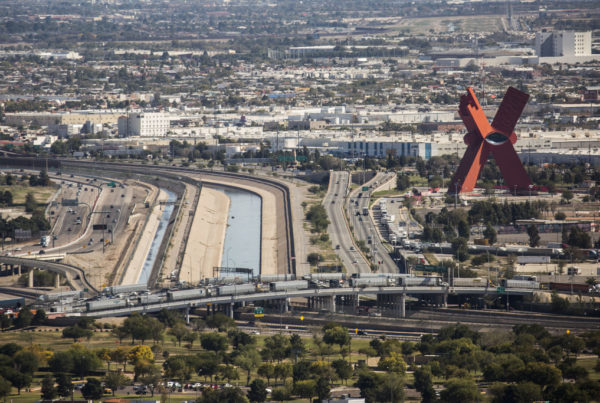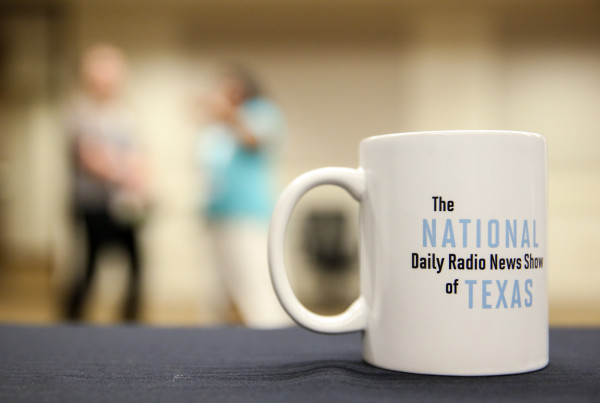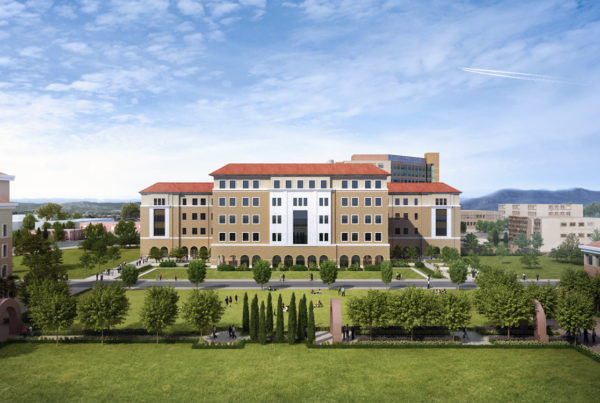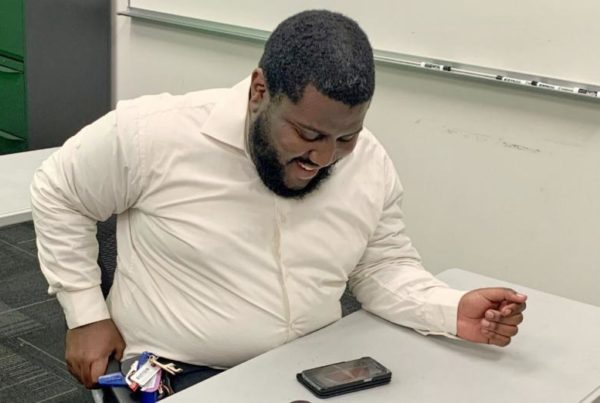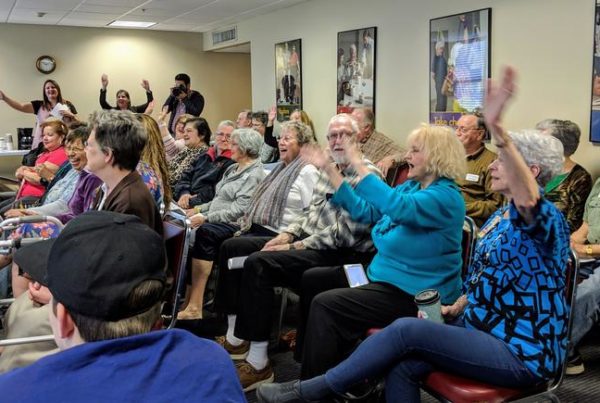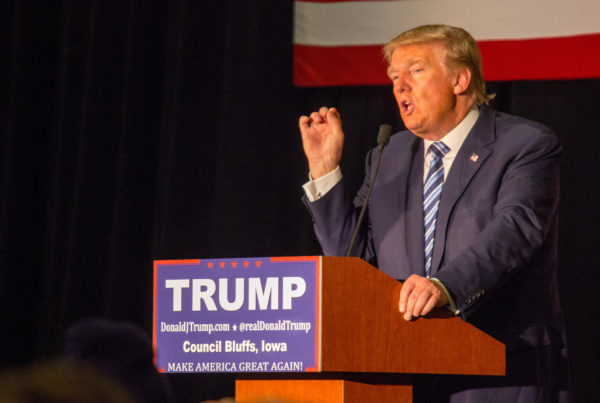In the 1930s, Lyndon Johnson, then a young congressman, decided he wanted to do something grand – on the scale of his hero, Franklin Delano Roosevelt. He pushed for rural electrification, in other words, bringing electricity to remote areas that didn’t yet have power – both in Texas and across the country. Today, there’s a similar urban-rural divide when it comes to broadband internet access.
State Rep. Charles “Doc” Anderson, a Waco Republican, wants to address that broadband divide. He says that in the 1930s, power companies didn’t provided electricity in rural areas because it wasn’t profitable to do so. The same is true of broadband providers today.
“With the providers we have today, they’re doing a good job in general, but they just don’t reach those areas where there is not a large profit margin,” Anderson says. “And that’s where the state can step in – not [in] a regulatory role, but to help coordinate efforts so that we can reach these areas of rural Texas.”
Anderson says broadband access is a quality-of-life issue for rural Texans. Anderson says residents of Crawford – which is in his district, and is the town where George W. Bush used to live – have asked for help getting broadband.
“With today’s market and global economy, we have to include rural Texas, and give them the opportunity,” Anderson says. “We want to be able to provide telemedicine for those folks.”
Anderson has filed a bill that directs the Texas Department of Transportation to coordinate with providers to add broadband fiber to trenches the agency is already digging for its roadway projects. Anderson also filed a bill that would create a broadband office within the Public Utility Commission.
Written by Shelly Brisbin.




